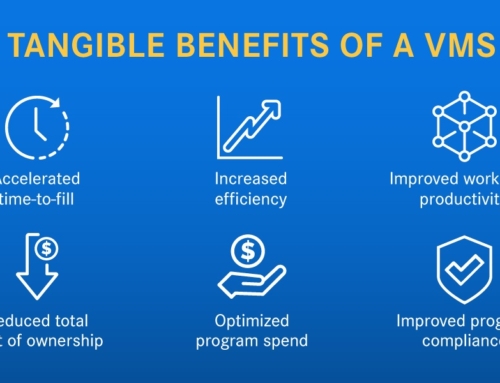In April, the US Department of Labor announced a rule to significantly increase the salary level needed to qualify for the overtime exemptions applicable to executive, administrative and professional employees under the Fair Labor Standards Act.
Starting on July 1, administrative, executive or professional employees must earn a salary of at least $844 per week ($43,888 annualized) — an increase from $684 per week ($35,568 annualized) — to qualify for an exemption from overtime pay and minimum wage. The DOL is adopting a phased approach to the increased thresholds, with a further increase on Jan. 1, 2025, to at least $1,128 per week. Under the rule, the salary levels will then be subject to automatic increases every three years.
The rule will also increase the total compensation needed to qualify for exemption under the test for highly compensated employees to $132,964 per year. On Jan. 1, 2025, the threshold for exemption for highly compensated employees increases to $151,164 per year.
As a result, employees who were formerly exempt from minimum wage and overtime requirements may need to be reclassified as non-exempt. The administrative, executive and professional exemptions, often referred to as the “white-collar exemptions,” are only available if an employee meets both a duties test and a salary test. The duties tests are not changing.
As temporary agency workers tend to be paid by the hour, they will not fall within the exemptions and will continue to be entitled to overtime pay at one and half times their regular wage for all time worked over 40 hours in a workweek. However, these significant increases will have substantial implications and impacts across industries, not least the staffing industry, which typically adopts a model of remunerating recruiters with a low basic salary plus commission on placements.
The final rule permits employers to satisfy up to 10% of the standard salary requirement with nondiscretionary bonuses, incentive payments and commissions, provided those forms of compensation are paid at least quarterly. As bonuses, incentive payments and commissions are typically tied to the employee meeting certain criteria, if an employee fails to meet the criteria and, therefore, fails to earn the bonus, incentive payment or commission, which in turn results in the employee being paid less than the threshold amount, the employer may have to pay overtime retroactively to that employee.
On May 22, 13 industry associations and businesses jointly filed a federal lawsuit in the Eastern District of Texas challenging the overtime exemption rule. Plaintiffs asked the court to vacate the rule and declare it unlawful. Additionally, plaintiffs seek an expedited review of the case due to the looming July 1, effective date for the first threshold increase as well as an injunction preventing the DOL from implementing the new rule.
Regardless of the legal challenge to the rule, employers should be taking steps to comply. The first step is to identify which staff will become eligible for overtime pay. This involves identifying those who earn less than the new standard salary level and who regularly work overtime hours above 40 in a week.
Second, employers should ensure they are properly categorizing employees with salaries above the threshold using the white-collar exemption. Job duties are constantly changing, as is the interpretation of the FLSA exemptions by the courts.
Third, employers should analyze their compensation systems in light of the potential for increased labor costs due to the effect of the increased thresholds. For example, employers should consider whether to start paying more employees overtime, increase salaries to meet the new threshold and reduce the commission element of their pay, or hire more staff to avoid overtime altogether.
Wage and hour law is complex, and employers should also be careful to comply with applicable state wage laws, which differ from the federal law and will not automatically change, even if the federal law does.









